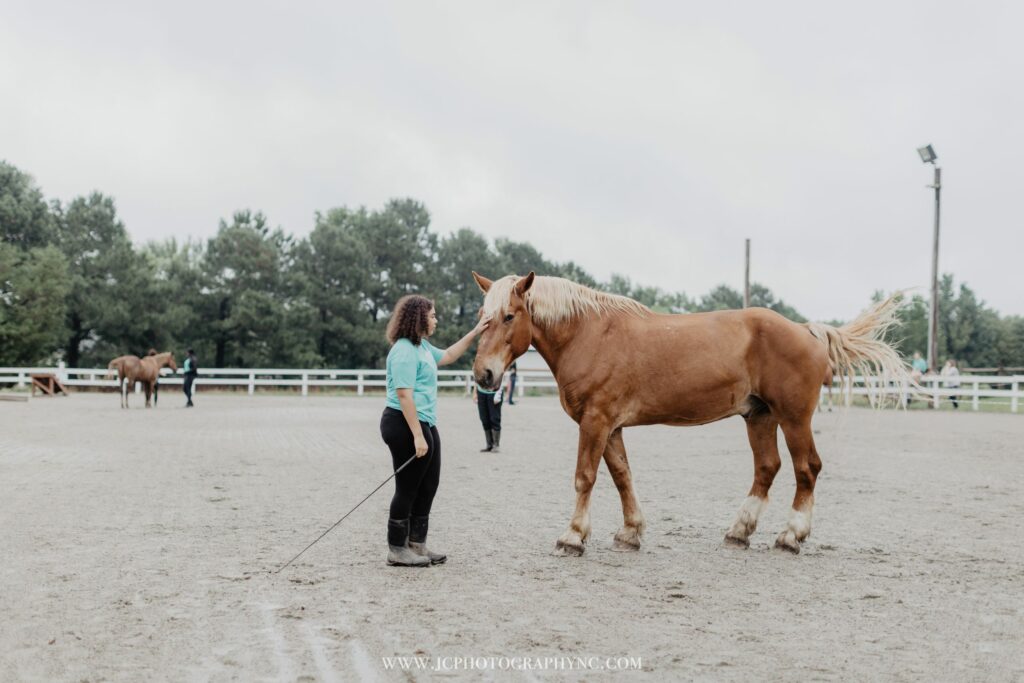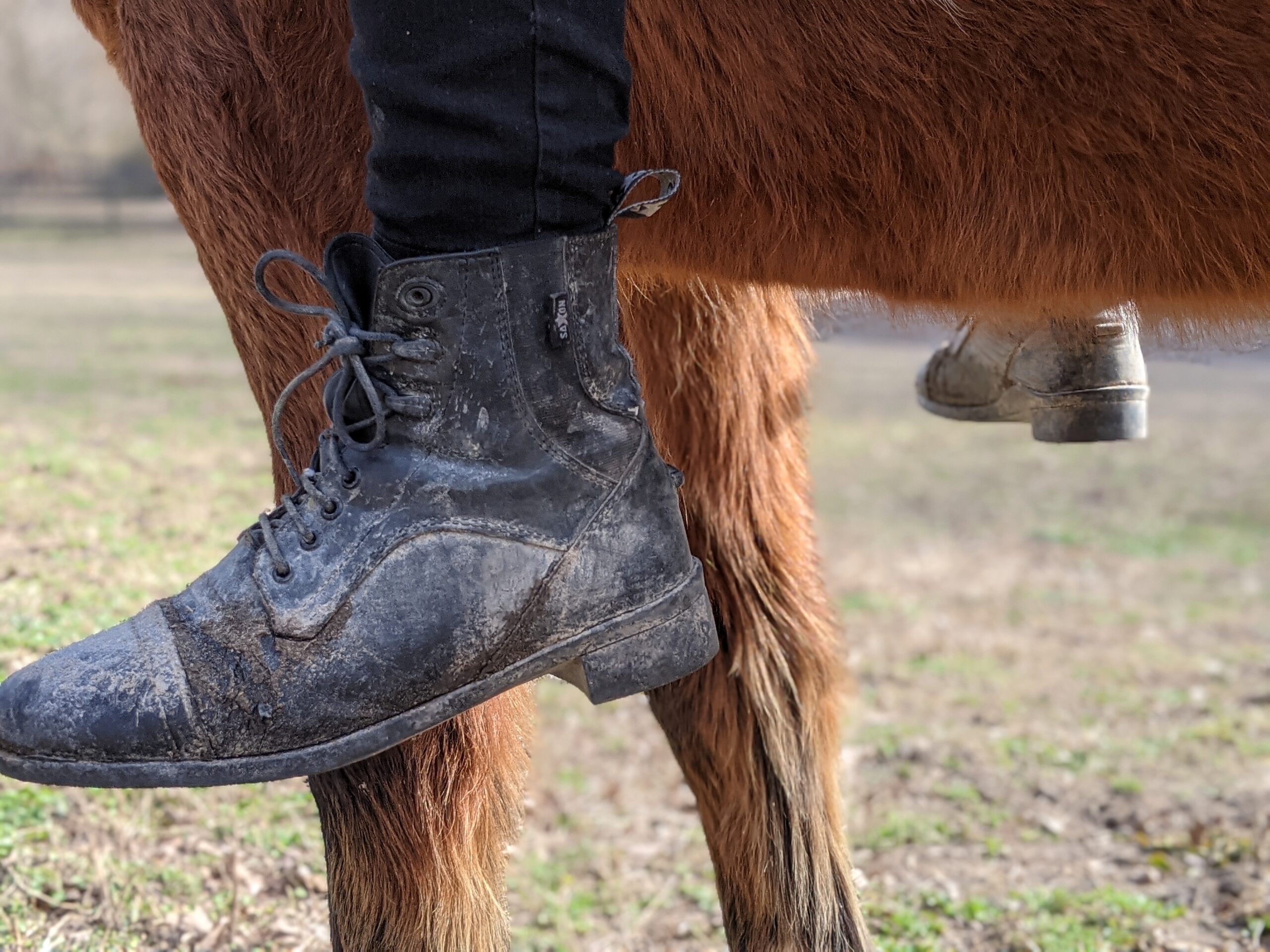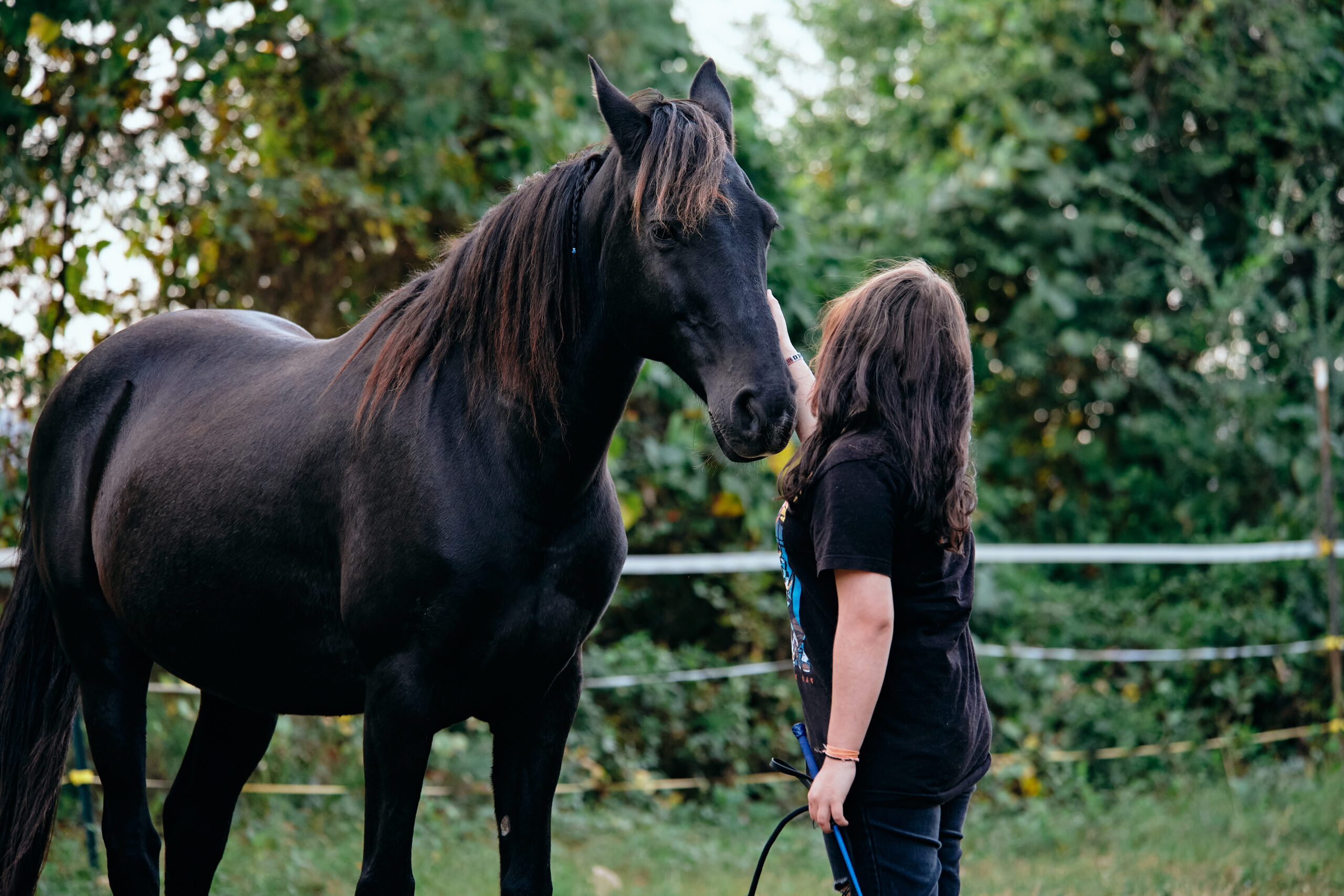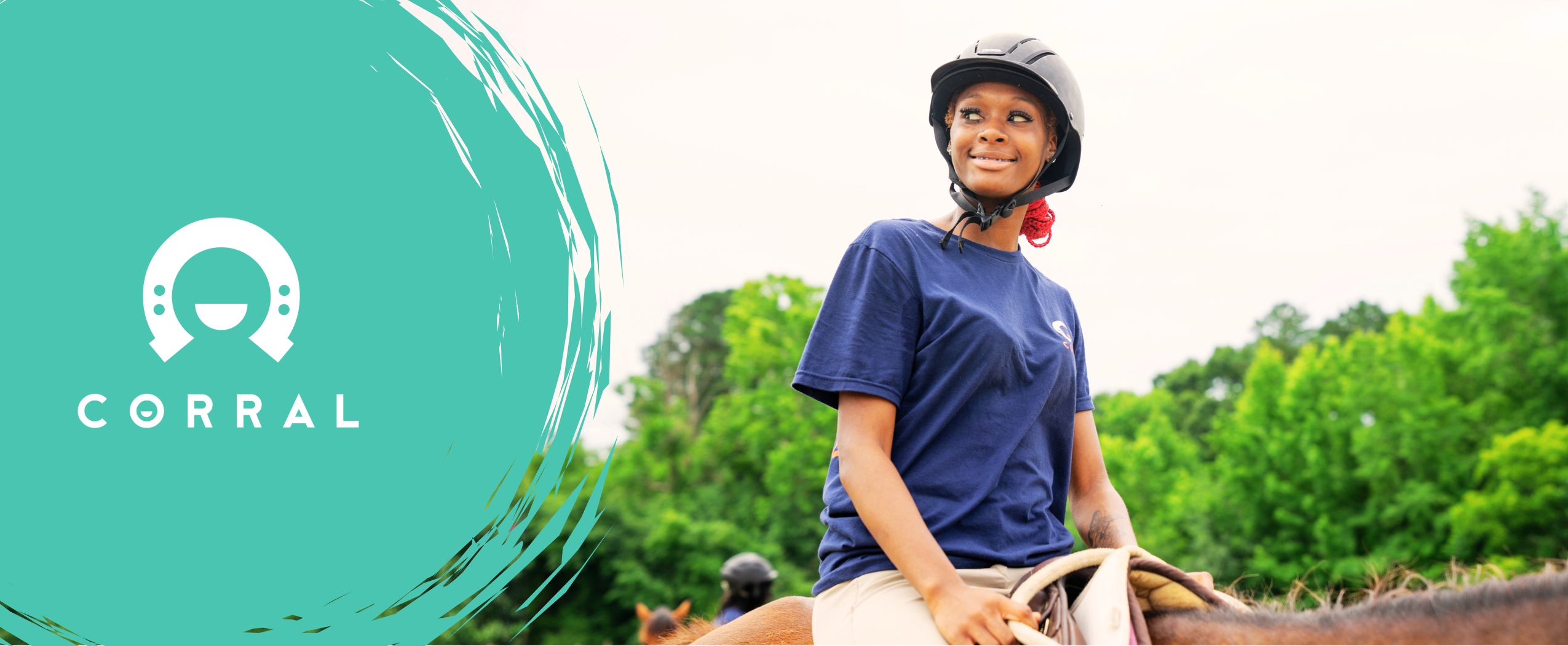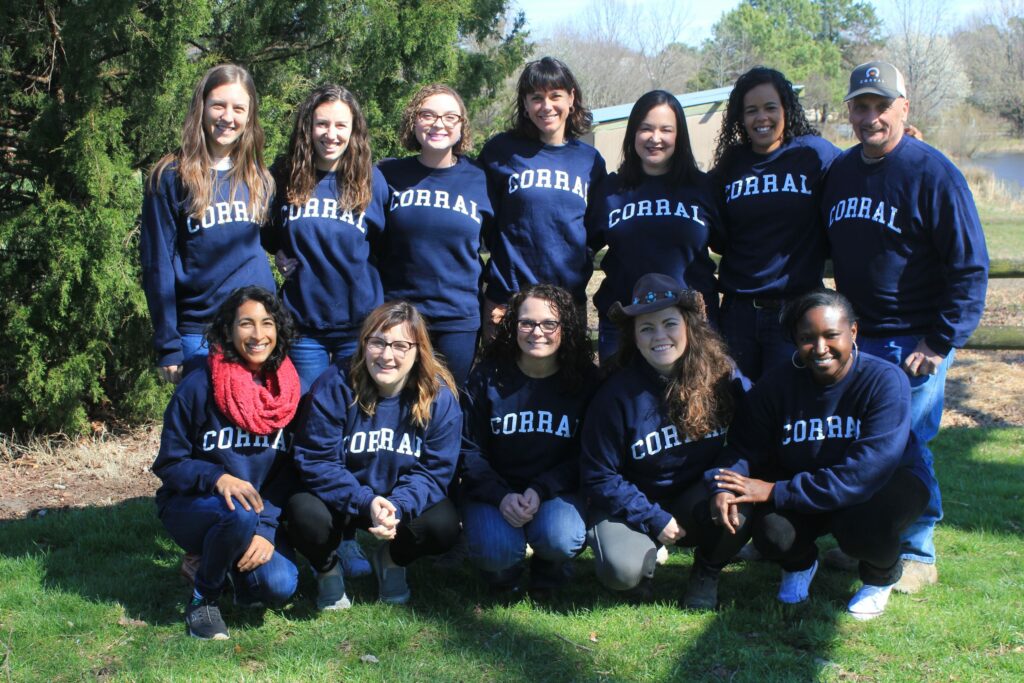Human trafficking is a form of modern slavery, including labor and sex trafficking, that occurs in every state, including North Carolina. As of 2019, North Carolina is ranked No. 11 in the nation for human trafficking reports. This is an alarming statistic, yet many nonprofits, activists and government agencies are working to combat human trafficking. There’s a role you can play, too.
History of Human Trafficking Awareness
The Trafficking Victims Protection Act was passed in 2000, which set the standard for the definition of human trafficking on a federal level, provides funding for anti-human trafficking initiatives and establishes global trafficking standards. Then, in 2007, the Senate declared January 11th National Human Trafficking Awareness Day and in 2010, President Obama declared January National Slavery and Human Trafficking Awareness month.
Perceived Factors Leading to Human Trafficking
- Non-identification of trafficking situations by law enforcement and community members
- Lack of education and awareness
- Vulnerability to exploitation due to abuse/neglect, poverty, isolation, and low self-esteem
- Lack of resources for alternatives, normalization of degradation and violence against women and children
- Non-identification of trafficking situations by law enforcement and community members
- Broken foster care and social work system (homeless youth and runaways are at highest risk)
- Lack of adequate consequences for offenders
- Lack of follow-up programs, effective counseling and alternative placement for victims
Implications of COVID on Human Trafficking
According to numbers from the NC Internet Crimes Against Children, internet crimes against children increased considerably in 2020, compared to 2019, which is no surprise considering children’s increased used of the internet during the pandemic. The more time children spend online, the more time predators and traffickers have to groom them. Though virtual learning is necessary while we’re still in this pandemic, we have a duty to stay extra vigilant to protect children on the children. In 2019, the number of investigations amounted to 1,358 but doubled in October of 2020 to 3,132. Click here to read some tips to keep our children safe online.
Human Trafficking and CORRAL’s Girls
“More than 25 percent of our girls have been affected by Human Trafficking in some shape or form. There are many gateways to Human Trafficking. Sending nudes is a quick gateway for many youth. This morning, as our girls were talking about the pressure they get daily to send nudes, they described receiving over 25 requests per day!” said Joy Currey, CORRAL Co-Founder and Executive Director who stepped into the role of Program Director at the onset of the pandemic to help mitigate the many added challenges. “Considering many of our girls fall into the highest risk category for populations vulnerable to human trafficking, we play a critical role in teaching our girls what healthy relationships look like, how important boundaries are and how to stay safe in an ever-increasing digital age,” adds Currey.
Nudes Continued…
According to a 2020 report released by Thorn, an anti-human trafficking organization that works to address the sexual exploitation of children, 1 in 5 girls ages 13-17 have shared their own nudes; 1 in 10 boys ages 13-17 shared images of themselves with 40% of survey respondents agreeing that sending nudes is normal. While sharing explicit images of themselves doesn’t seem like a big deal to them even though it’s illegal, it becomes dangerous when those images are re-shared without consent or those images are coerced through grooming by predators. 38% of kids age 9-17 say their school peers have had nudes of themselves shared or leaked without permission! Most caregivers report they mostly or exclusively blame the person in the photo (55%) if it is re-shared, but blaming the victim is more detrimental to them than a talk about consent, safety and boundaries.
What You Can Do
If you are interested in combatting modern-day slavery and human trafficking, you can begin by learning the common indicators of these crimes. The simplest way to help in the fight against human trafficking is to speak up if you are concerned that someone you know may be a victim. You can anonymously report the concerning signs of human trafficking behavior to the National Human Trafficking Hotline at 1-888-373-7888.
You can also join one or more of NC Stop Human Trafficking’s upcoming workshops linked below. NC Stop Human Trafficking is the statewide community member coalition whose mission is to eradicate modern day slavery in all its forms. This coalition works to fight human trafficking on multiple levels following the P.A.V.E. model: Prevention, Advocacy, Victim Services and Education/awareness.
Finally, by supporting our work and cause, you’re helping to provide a safe place for our girls, especially those who come from foster homes, risk facing homelessness, and ultimately, are most vulnerable to human trafficking. Here at CORRAL, our girls feel comfortable sharing and receiving information about their bodies, relationships, potentially risky situations, and past traumas. These trustworthy relationships that we build with our girls help foster their growth and healthy decision-making. Additionally, by providing opportunities, access, and community, our program helps deter our girls from falling victim to human trafficking traps during this vulnerable time and in the future.
Additional Resources
- Blog post: 6 Tips for Keeping Youth Safe Online
- Hope for justice
- Blog post: Sending Nudes has Become the Norm
- Blog post: Internet Crimes Against Children Spikes in North Carolina
- Blog post: Victimization and Resiliency: Native American Women and Girls are Disproportionately Trafficked
- Blog post: Impact of COVID-19 May Lead to More People Being Trafficked
Upcoming Webinars
- NC Stop Human Trafficking Webinar: Talking to Kids About Boundaries, Consent & Porn on Jan. 12th at 3PM. Register here.
- NC Stop Human Trafficking Webinar: Human Trafficking 101 on Jan. 13th at 3PM. Register here.
- NC Stop Human Trafficking Webinar: Tips for Keeping Kids Safe Online on Jan. 27th at 3PM. Register here.
- NC Stop Human Trafficking Webinar: Sex Trafficking: What’s Porn Got to do With it on Jan. 26th at 2PM. Register here.

